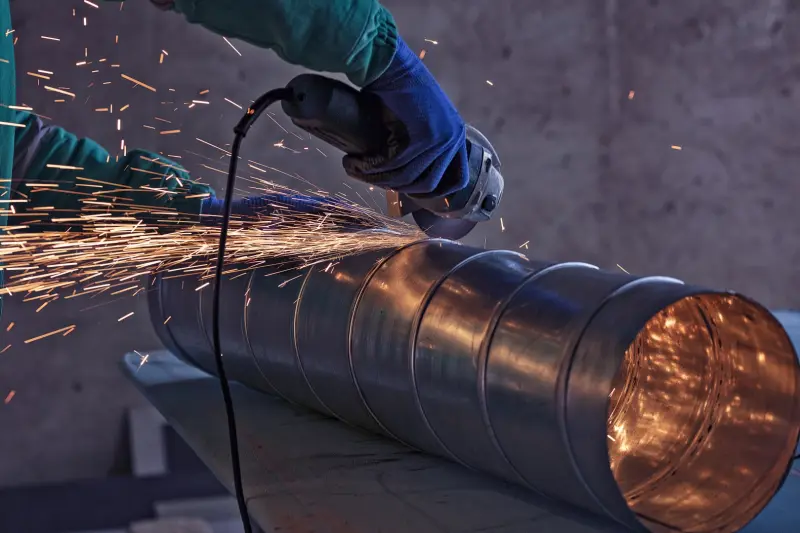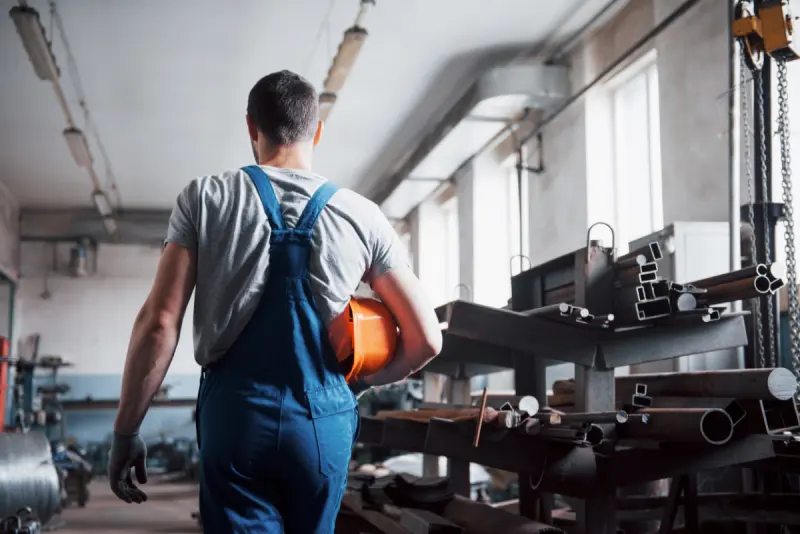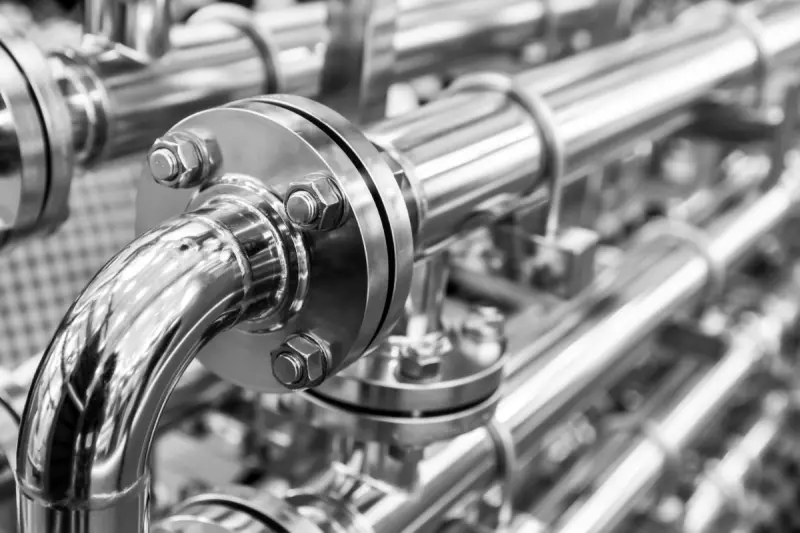Find out more about 'Welding Codes and Standards for Pipe Welding' keep your industry safe by ensuring durable, defect-free, and fit-for-purpose welded structures.
What Are Welding Codes and Standards?
Welding codes and standards provide guidelines on welding techniques, materials and testing procedures to ensure that welded structures are strong, durable, and fit for purpose. Many industries deal with high-pressure systems, flammable gases, and extreme temperatures, where low-quality welding can cause accidents. By following these codes, the welded joints remain strong and safe.
In the UK, businesses must comply with the Pressure Equipment (Safety) Regulations (PESR), Health and Safety Executive (HSE) regulations and British Standards Institution (BSI) codes. These regulations ensure that pipework, structural components, and pressure vessels meet industry standards and don't have any cracks, porosity or weakness.
Common Welding Codes for Pipe Welding
Pipe welding codes and standards are implemented to ensure safety and compliance across different industries. These standards define the requirements for welding procedures, material selection, and inspection processes.
BS EN ISO 9606-1 covers the qualification testing of welders for steel fusion welding and ensures welders meet the requirements for pipe welding.
BS EN ISO 15614-1 covers the approval of welding procedure specifications for metals and ensures that welded pipe joints meet industry requirements.

BS 4515 is a crucial code for pipeline welding, particularly in the oil and gas sector, as it covers the best practices for pipe joint integrity.
Although ASME Section IX is primarily a US standard, it is widely used in the UK too, as it covers the welding procedures for high-pressure piping.
The Pressure Equipment (Safety) Regulations (PESR) ensures that welded components in pressurised pipe systems meet safety, legal and performance standards.
These codes are essential for ensuring that pipework is leak-free, structurally sound, and long-lasting. By following these standards, coded pipe welders help industries stay safe, compliant and efficient.
Understanding Welder Qualifications and Certification
A coded welder is a professional who can produce high-quality, structurally sound welds. Unlike general welders, coded welders must work to strict regulations and welding codes to ensure their work meets the required safety standards for industries such as construction, marine, petrochemical, and power generation. Coded welders are trained to work with specific materials, welding processes, and joints.
To become a coded welder, individuals must complete a welding certification test under the guidelines of a recognised standard, such as ASME Section IX (for pressure vessels and piping) or BS EN ISO 9606-1 (for steel welders). Once certified, a welder must renew their qualifications, and many employers require coded welders to have multiple certifications.
A Welding Procedure Qualification Record (WPQR) verifies if a welding technique can produce safe, high-quality welds consistently. This record provides evidence that a welding procedure has been tested and meets industry standards.
Why Compliance with Welding Standards Matters
Staying compliant with welding standards is essential for ensuring the structural integrity of high-pressure pipelines. These pipelines operate under extreme conditions, and any defects can compromise their strength, leading to leaks, failures, or even ruptures. Compliance with welding standards helps maintain the quality and reliability of pipeline joints and reduces the risk of structural weaknesses.

By following strict welding standards, welds are guaranteed to be strong, consistent, and capable of withstanding high pressures. Standards such as ASME, API, and ISO provide guidelines on welding techniques, non-destructive testing and heat treatment methods, which are crucial for finding and removing issues before the pipeline is used.
Inadequate welding practices can cause cracks, incomplete fusion and porosity - all of which can weaken the pipeline over time. By following the established standards, the durability and safety of welds can be enhanced.
Ultrasonic and radiographic testing plays a key role in ensuring compliance. These inspections ensure that welds meet industry specifications and are free from failures. Ultimately, being compliant with welding standards ensures the safe and efficient operation of high-pressure pipelines.
Anderson Engineering And Welding Services provides coded pipe welding services for a range of industries across Manchester & North West. We provide high-quality welds that are secure, durable and long-lasting.






